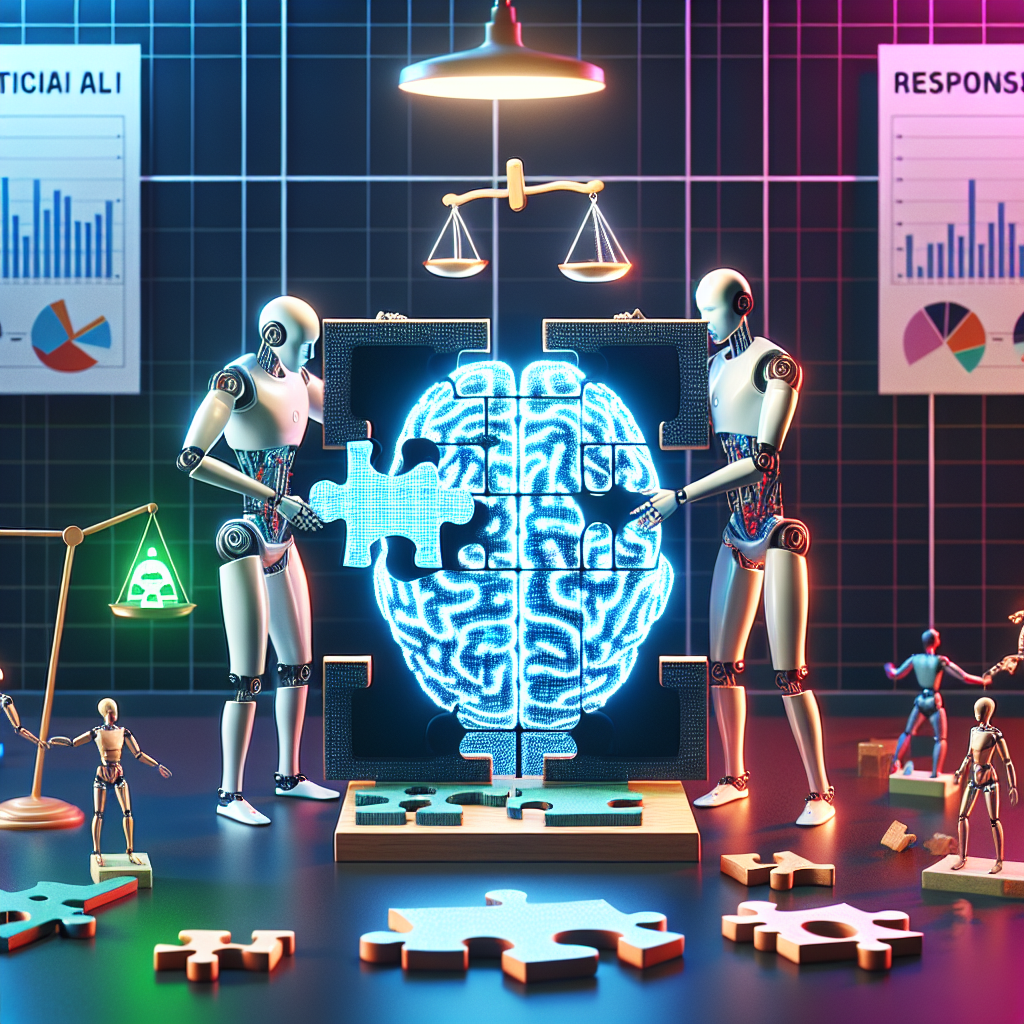Artificial Intelligence (AI) has become an integral part of our daily lives, from virtual assistants to self-driving cars. While AI offers numerous benefits, it also comes with inherent risks. As AI technologies continue to advance, it is essential to address these risks and implement responsible AI solutions to ensure ethical and safe use of AI.
The Risks of AI
One of the primary risks of AI is the potential for bias in AI algorithms. AI systems learn from data, and if the training data is biased, the AI model will also be biased. This can lead to discriminatory outcomes in areas such as hiring, loan approvals, and criminal justice.
Another risk of AI is the lack of transparency in AI decision-making. AI algorithms can be complex and difficult to interpret, making it challenging to understand why a particular decision was made. This lack of transparency can raise concerns about accountability and trust in AI systems.
AI also poses risks in terms of security and privacy. AI systems can be vulnerable to attacks and hacking, leading to data breaches and misuse of personal information. It is crucial to implement robust security measures to protect AI systems and the data they handle.
Strategies for Implementing Responsible AI Solutions
To address the risks associated with AI, organizations should implement the following strategies for responsible AI development and deployment:
- Ensure Diversity in Data: To mitigate bias in AI algorithms, organizations should ensure diversity in the training data and regularly evaluate and audit AI models for fairness.
- Transparency and Explainability: Organizations should strive for transparency in AI decision-making by providing explanations for AI outputs and making AI models interpretable.
- Security and Privacy: Robust security measures, such as encryption and access controls, should be implemented to protect AI systems and data from cyber threats.
- Ethical Guidelines: Organizations should establish ethical guidelines for AI development and deployment to ensure that AI systems are used in a responsible and ethical manner.
- Human Oversight: Human oversight should be maintained in AI systems to monitor and intervene in AI decisions when necessary, to prevent harmful outcomes.
Conclusion
Addressing the risks of AI and implementing responsible AI solutions is crucial for ensuring the ethical and safe use of AI technologies. By following strategies such as ensuring diversity in data, transparency in decision-making, and robust security measures, organizations can mitigate the risks associated with AI and build trust in AI systems.
FAQs
What are the risks of AI?
Some of the risks of AI include bias in AI algorithms, lack of transparency in decision-making, and security and privacy concerns.
How can organizations address the risks of AI?
Organizations can address the risks of AI by ensuring diversity in data, transparency in decision-making, robust security measures, and establishing ethical guidelines for AI development and deployment.
Why is it important to implement responsible AI solutions?
Implementing responsible AI solutions is important to ensure the ethical and safe use of AI technologies, build trust in AI systems, and mitigate the risks associated with AI.
Quotes
“With great power comes great responsibility. As we continue to advance AI technologies, it is essential to prioritize ethics and responsibility in AI development and deployment.” – Anonymous


